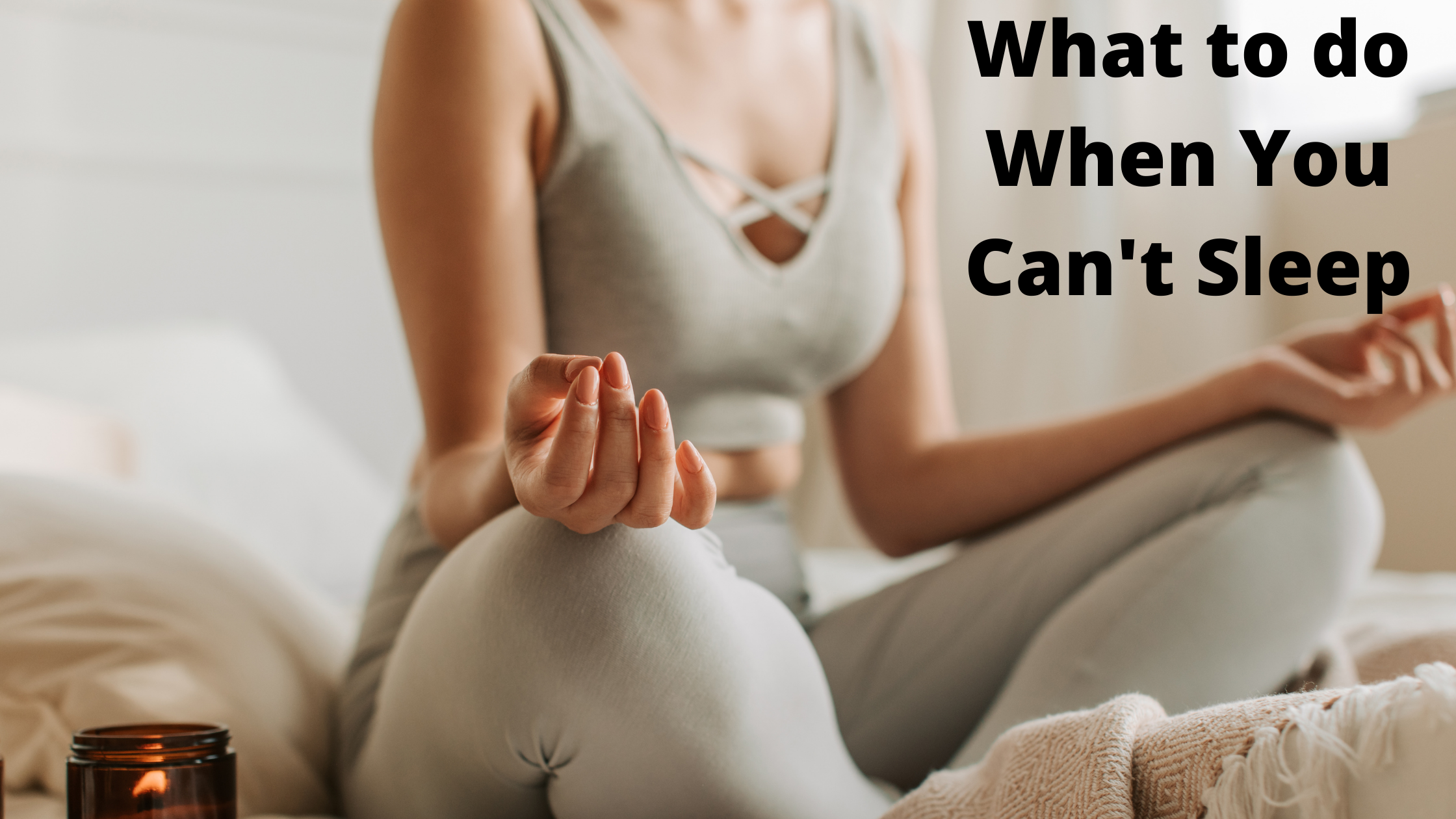
Insomnia is a very common sleep disturbance that many Americans deal with. It is the inability to sleep due to primary or secondary causes. Primary insomnia is when you just can't sleep for seemingly no reason. Secondary insomnia is when something else keeps you awake - such a depression, anxiety, pain, sleep disorders, etc.
Sleep latency is the amount of time it takes for you to fall asleep. With the right approach to sleep, you can fall asleep in a matter of minutes. One of the biggest keys to falling asleep is being relaxed. Reducing stress and anxiety can positively impact the relaxation response which is a physiological process that positively affects the mind and body.
It can take time to get a solid approach down, but the practice pays off with some a better chance of getting a good night's rest. Continue reading to find out how to augment your own relaxation response.
The Four Key Elements to Cultivating Relaxation
Relaxation has been the central focus of spiritual and cultural practices which enables a sense of calm and connection within oneself and the surrounding world. Science has recently began to appreciate the art of meditation and found that there are four key elements to fostering the relaxation response.
A quiet environment - this doesn't mean silent, but calming sounds or music can be beneficial. Loud or abrasive noises can be disruptful and should be avoided.
A focus of attention - find something to focus on that can be your breathing pattern, mantra, a word or phrase, anything that your mind can focus on for the entire time that you are meditating. This helps reduce distraction by other concerns or worries.
A passive attitude - accept that it is perfectly normal for your brain to wander while you are trying to meditation. Acknowledge that your attention has drifted and return back to what you were focusing on before. Becoming frustrated will simply antagonize your relaxation efforts.
Comfort - Both your position and surroundings need to be comfortable for you to truly be relaxed. If you are meditating for sleep, then find a cozy place to relax and make sure your mattress is comfortable if you are choosing to meditate in bed. Maximum comfort will help reduce all potential distractions so you can focus on being completely relaxed.
Relaxation Techniques to Help You Fall Asleep
Once you have achieved the four key elements of relaxation, it's time to employ some techniques. Try them out, customize them to your needs, and remember that practice makes perfect. So even if it doesn't work on the first few tries, remaining consistent will help your body get used to that practice so it truly becomes relaxing.
One method is controlled breathing. A series of slow, deep breaths can evoke a sense of calm. It is called pranayamic breathing and is believed to reduce stress in the nervous system so that the brain can prepare for sleep by reducing excitatory stimuli in the brain.
It is the perfect technique for people just getting started with relaxation techniques who may find it hard to use other techniques that involve creating sounds or chanting mantras.
Another technique is meditation and mindfulness. Mindfulness is centered around a slow, steady breathing focus where you care completely non-judgemental towards yourself. Your only focus is being present in the moment. By reducing anxiety and rumination, it has been found to have many health benefits, including reducing insomnia.
Progressive muscle relaxation is another calming effect that involves gradually tightening and releasing muscles throughout your body while at the same time controlling your breathing. It's a great way to not only give yourself something to focus on, but also intentionally release all of the tension inside of your body, even the tension you didn't know was there. It's also very easy to do in your bed and doesn't require a lot of energy.
Imagery can be another great way to relax before bed. You can visualize a peaceful image from your past and all of its details so that way you can completely focus on that happy thought as you are relaxing.
Downsides to relaxation techniques
Negative consequences are very rare for relaxation techniques. They are designed to be safe and easy ways to relax the body so you can go to sleep. A small number of people, however, find that it can provoke anxiety. Anyone with these concerns should speak with their physician before attempting these practice.
What if you can't fall asleep still
If you get into bed and cannot fall asleep after 20 minutes, then you should get up and go to another part of your house and do something soothing like reading or listening to quiet music. Lying awake in your bed too long can be antagonistic towards sleep because you will form an unhealthy connection between lying awake in the bed, instead of the connection that the bed is used for sleep.
https://www.sleepfoundation.org/insomnia/treatment/what-do-when-you-cant-sleep

